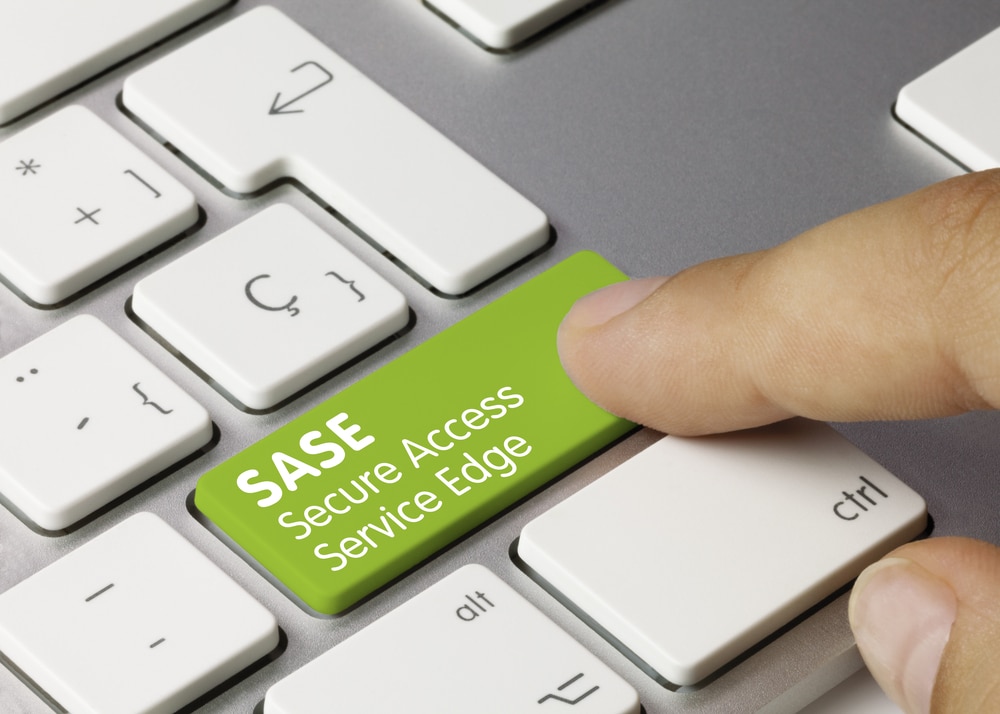
Enterprise SASE needs a radical approach to be effective
Although Secure Access Service Edge (SASE) is widely seen as the answer to balance network performance and security, new research from Cato Networks shows a radical approach is needed in order to reap the full benefits.
The study of over 2,000 IT leaders and nearly 1,000 channel partners doesn't show much difference between those who have and have not adopted SASE. When asked how they react to performance issues with cloud applications, 67 percent of SASE users and 61 percent of non-SASE users claim they would add bandwidth, while 19 percent of SASE users and 21 percent of non-SASE users would look to WAN optimization appliances.
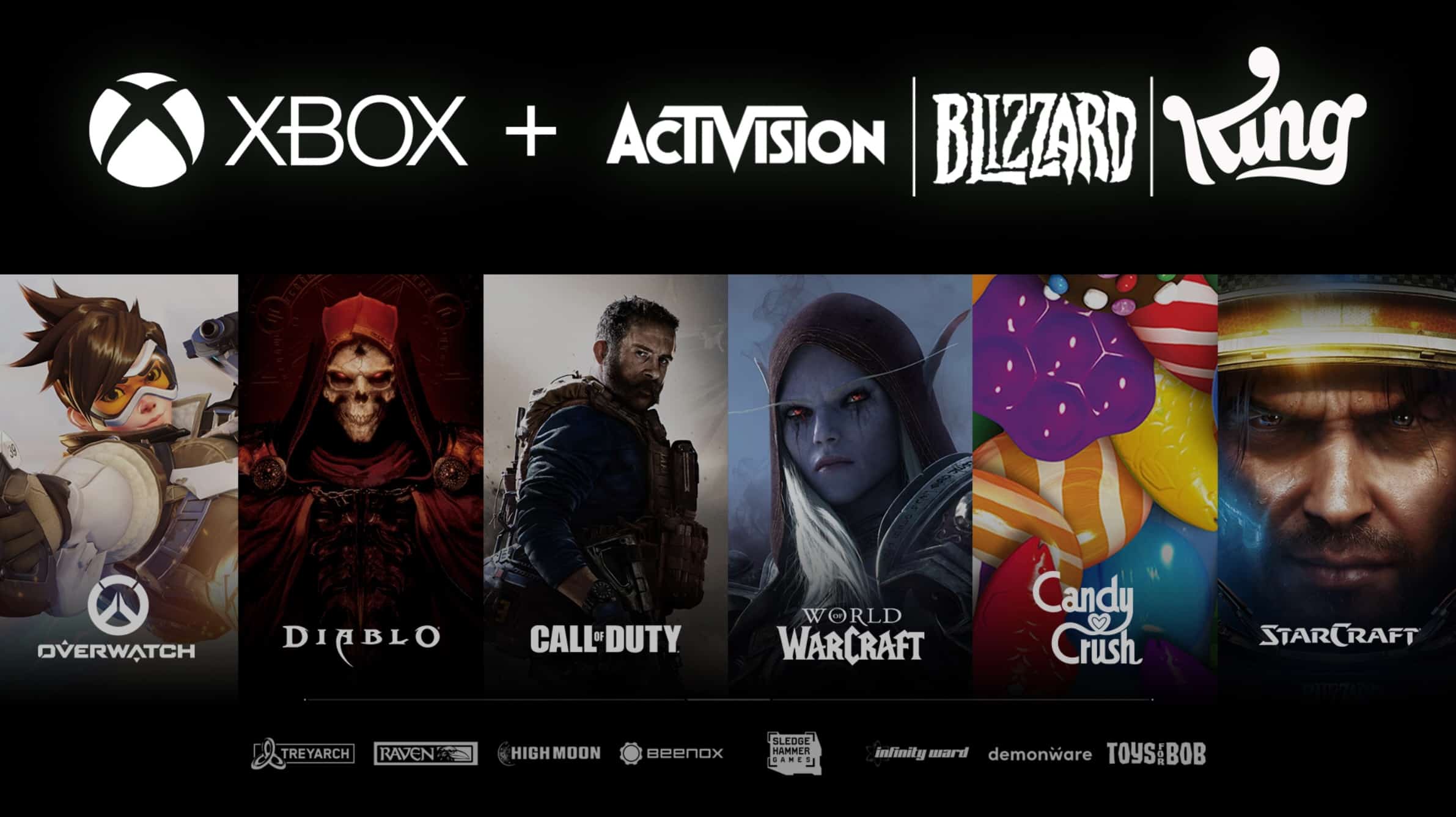
Microsoft set to acquire Activision Blizzard for $68.7 billion
Microsoft today announced plans to acquire game developer giant Activision Blizzard for $68.7 billion. It is a move designed to expand the company's gaming business across PC, console, mobile and the cloud, as well as to give it a solid start in the metaverse.
This deal will make Microsoft the third largest gaming company (by revenue), behind Tencent and Sony.

Guess which government doesn't want you to use end-to-end encryption
From a privacy point of view, there is much to love about end-to-end encryption, as employed by the likes of WhatsApp. But while users may delight in the knowledge that their communication is free from surveillance, there are some groups that have a different opinion.
Law enforcement agencies have long-complained that E2E encryption stands in the way of investigations, and serves to complicate evidence gathering. Many governments are of the same mind, and it's not just those that are traditionally regarded as totalitarian by other countries. Governments from ostensibly democratic countries are opposed to E2E encryption, and some are using underhand tactics in negative PR campaigns.
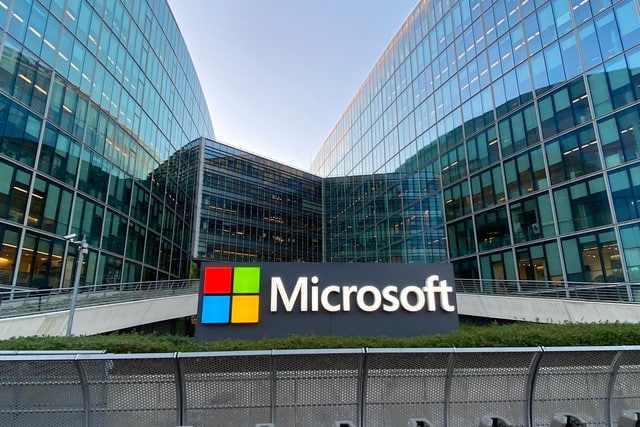
Microsoft releases emergency KB5010795 update for Windows 11, and nine more out-of-band updates, to fix Patch Tuesday problems
The first Patch Tuesday of 2022 was little different to those in preceding months in as much as the updates released by Microsoft caused various problems for lots of Windows users -- quelle surprise!
As a result, the company has been forced to release a series of out-of-band updates for numerous versions of Windows. The updates (KB5010789, KB5010790, KB5010792, KB5010793, KB5010794, KB5010795, KB5010796, KB5010797, KB5010798 and KB5010799) fix problems with virtual machines, VPN connections, Windows Server Domain Controllers and more.

Linux Mint 20.3 Cinnamon (Edge) Edition now available for download
When using a Linux-based operating system, you should always use the most recent kernel, right? Actually, no. While new kernels do add fixes and support for new hardware, they can also be less stable and cause bugs.
Unfortunately, if you have extremely new hardware, sometimes you must use a newer kernel in order to boot, as older kernels do not yet support some of your devices. For instance, Linux Mint 20.3 "Una" was released recently and it comes with Linux kernel 5.4. If that older kernel does not support your computer, it may not boot.
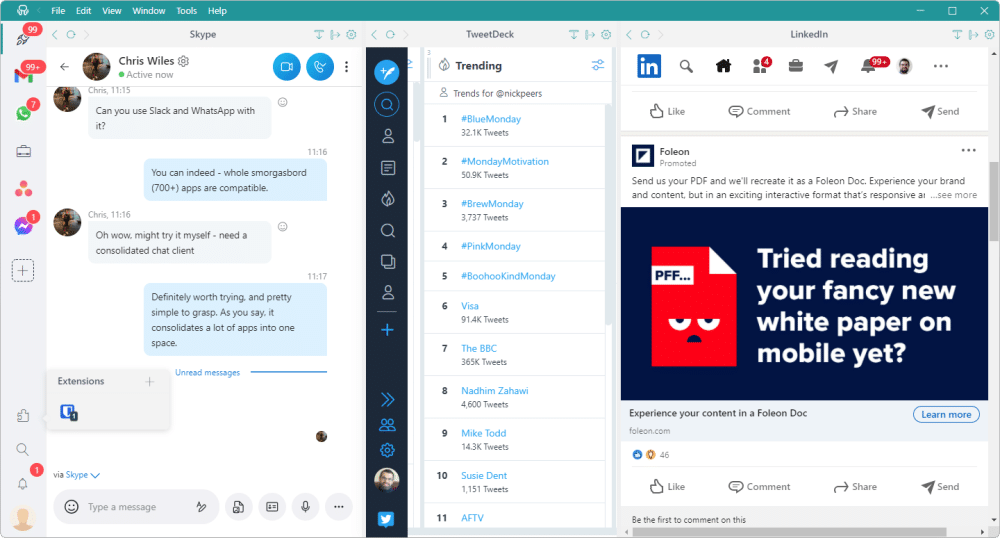
Rambox 2.0 allows you to consolidate all your major apps and services within a single workspace
Rambox LLC has started the New Year by relaunching its workspace consolidation tool with the release of Rambox 2.0. Available on Windows, macOS and Linux, the new app combines paid-for and free tiers within a single program for the first time.
Rambox originally launched in 2016 as an open-source beta under a 'Community Edition' banner. In 2018, a paid-for Pro version with additional functionality was added, and now Rambox has combined the two in a single program with both free and paid-for tiers.
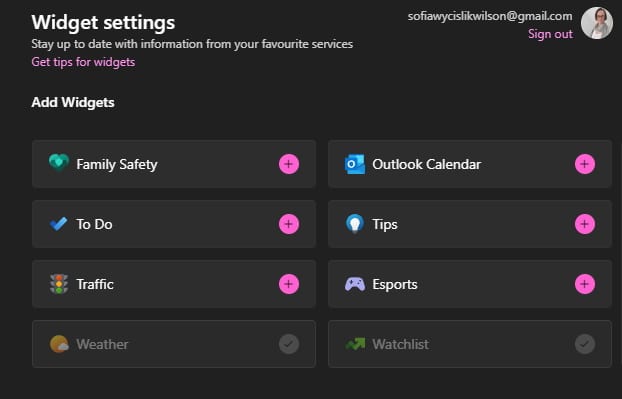
Third-party widgets are coming to Windows 11 (probably)
The Widgets component of Windows 11 was something that seemed like a great idea on paper, but has thus far failed to generate too much excitement. This is at least in part down to the fact that only official Microsoft widgets exist -- but this is going to change.
It is looking very much like Windows 11 is going to be gaining support for third-party widgets, opening up the possibility of a wider range of genuinely useful tools coming to users. There are also hints that a widget store, called the Widget Board, is on the way.
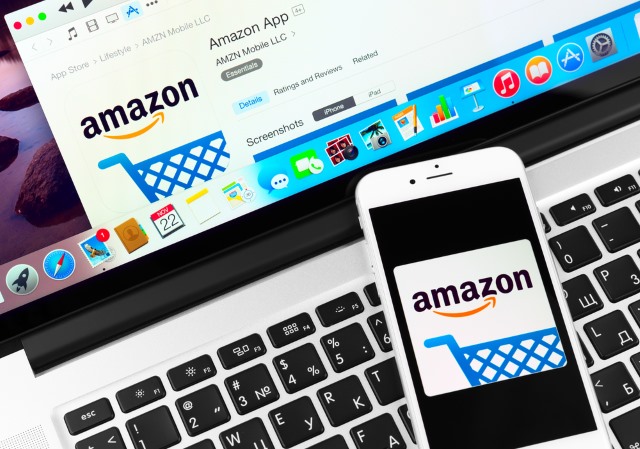
Amazon backs down on not accepting UK Visa credit cards
Back in November last year we reported on Amazon's decision to stop accepting UK issued Visa credit cards due to high processing charges.
The change was due to take place this Wednesday (January 19) but it seems that an 11th hour deal may have been reached to allow customers to continue using their Visa cards.
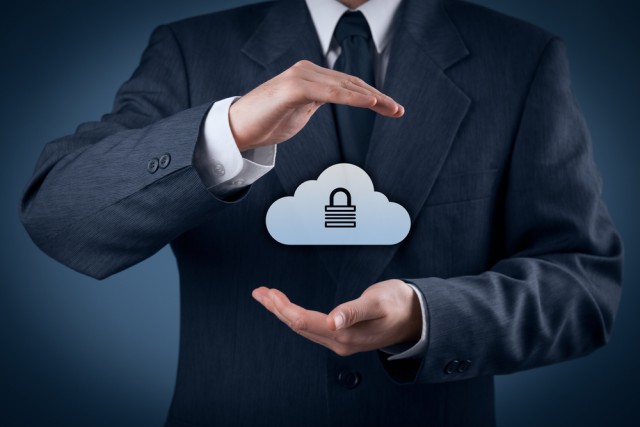
Why identity management needs to be brought up to date for the cloud [Q&A]
Historically identity and access management has been built around an on-premises model. But with more systems now residing in the cloud the old way of doing things isn't working.
To find out more about why the cloud needs a new approach to IAM we spoke to Britive CEO, Art Poghosyan, about the challenges it raises and how to address them.
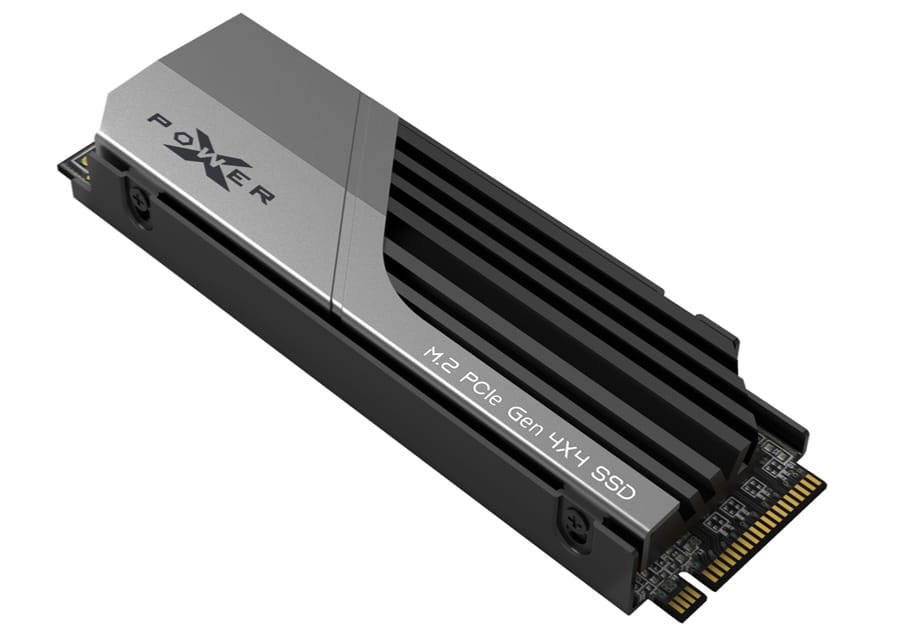
Silicon Power XPOWER XS70 PCIe 4.0 SSD is inspired by sharks
Do you need a PCIe 4.0 NVMe solid state drive? Probably not. I mean, nobody really needs the insane speed these drives offer. However, the drool-worthy performance is certainly nice to have. Look, if you can afford such an SSD and your computer supports it at full speed, you might as well get one. I mean, why not?
Today, Silicon Power announces its latest such PCIe 4.0 SSD. Called "XPOWER XS70," it features blazing fast speeds and capacities up to 4TB. It even has a nice-looking heat sink that the company says is inspired by sharks.

Power in people: How human capital will determine tech success
According to the Economist, one of the most significant outcomes of the pandemic will be "the infusion of data-enabled services into ever more aspects of life." We were already expecting a transition to digital transformation thanks to technological advancement, dubbed the "fourth industrial revolution".
However, following on from the pandemic which forced countless businesses to switch to remote working virtually overnight, we expect digital transformation to continue to be adopted on a larger and more rapid scale -- becoming an even more prominent objective for organizations in the future.
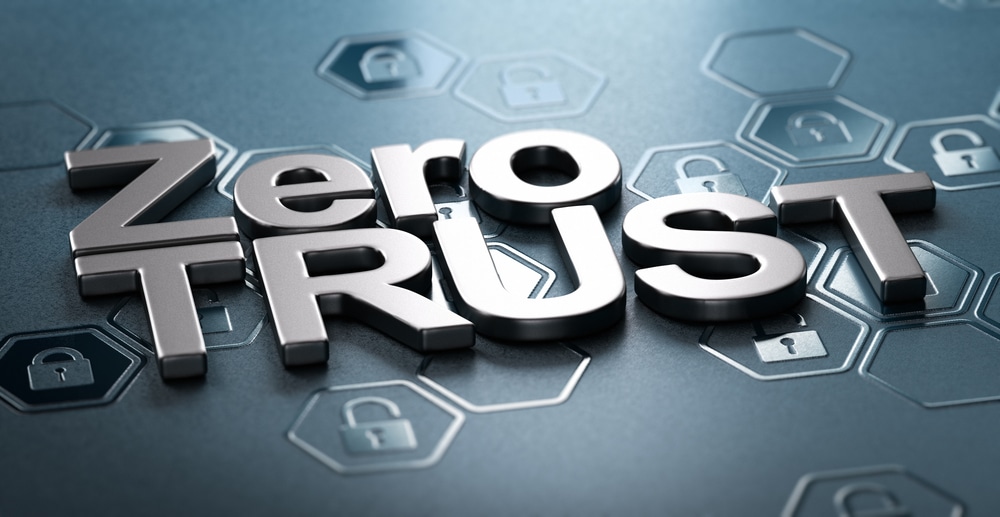
Implementing Zero Trust? Prioritize people as much as tech
The trust model of cybersecurity is broken. Since the shift to cloud and the move away from siloed on premise infrastructure, IT environments have grown ever more complex, expanding in both size and variety of components.
Trust is permissible when a small team of engineers is accessing on premise infrastructure. However, in the modern hybrid systems employed by many businesses, trusting the multitude of end points and variables to manually adhere to all authentication measures and preventative procedures is risky. We all know that just one phishing email is enough to potentially lead to a critical data breach. Such incidents can be incredibly damaging for a business: IBM estimated that this year data breaches cost businesses an average of $4.24 million -- a 17 year high.
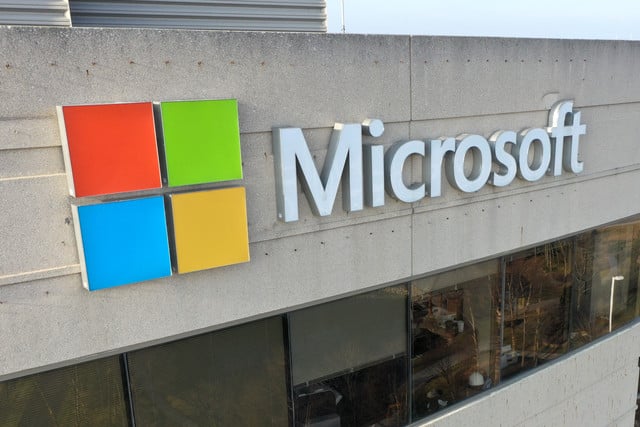
Microsoft re-releases KB5009624, KB5009557 and KB5009555 updates
The first Patch Tuesday of 2022 ended up being rather more dramatic that many would have expected -- and not for the right reasons. The company released the KB5009566 update which, along with another update, was later found to cause problems with VPN connections. But it was issue with Window Server updates that concerns system administrators.
No fewer than three updates were found to be problematic for different versions of Windows Server, ultimately leading to Microsoft halting the rollout of KB5009624, KB5009557 and KB5009555. And while the Hyper-V issues introduced by the patches are still to be fixed, Microsoft has nonetheless recommenced the rollout of the update, saying that it is investigating the problems.

Best Windows apps this week
Four-hundred-seventy-three in a series. Welcome to this week's overview of the best apps, games and extensions released for Windows 10 and 11 on the Microsoft Store and elsewhere in the past seven days.
Microsoft released a new Windows 11 build this week. It includes a redesigned flyout and other improvements.

How AI can offer businesses greater control over their payments [Q&A]
We none of us particularly like handing over money, and that applies equally to businesses and individuals.
Payments are essential to the commercial world, up to now though they've always been a quite labor intensive to process. But what if it could be automated? Would you feel comfortable handing over control of payments to AI?



